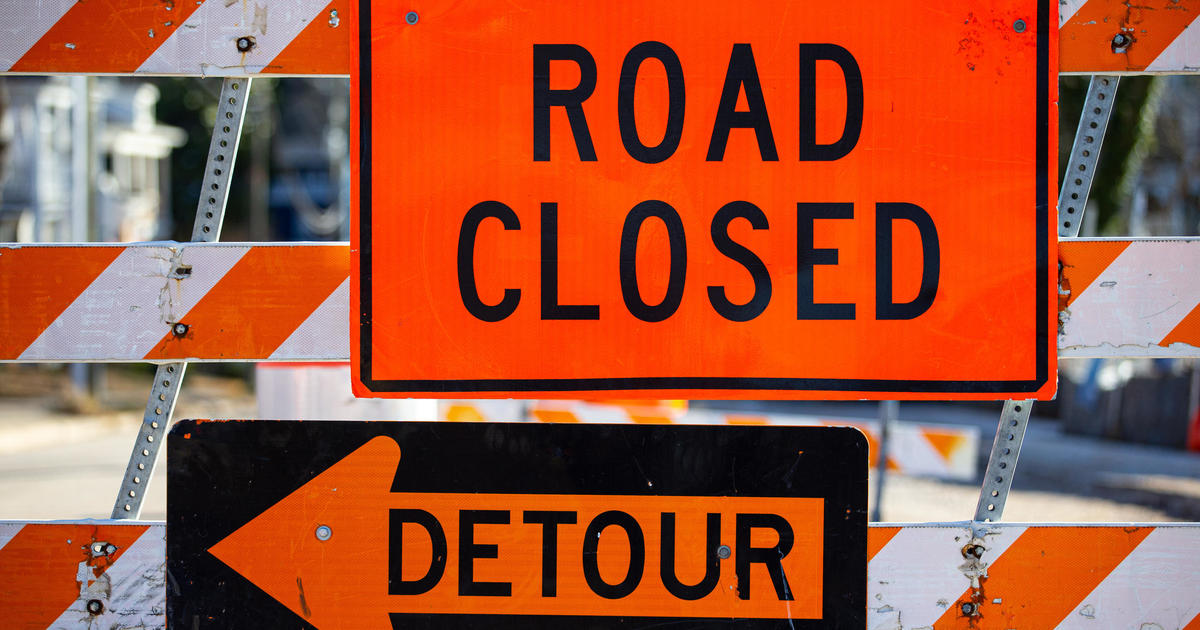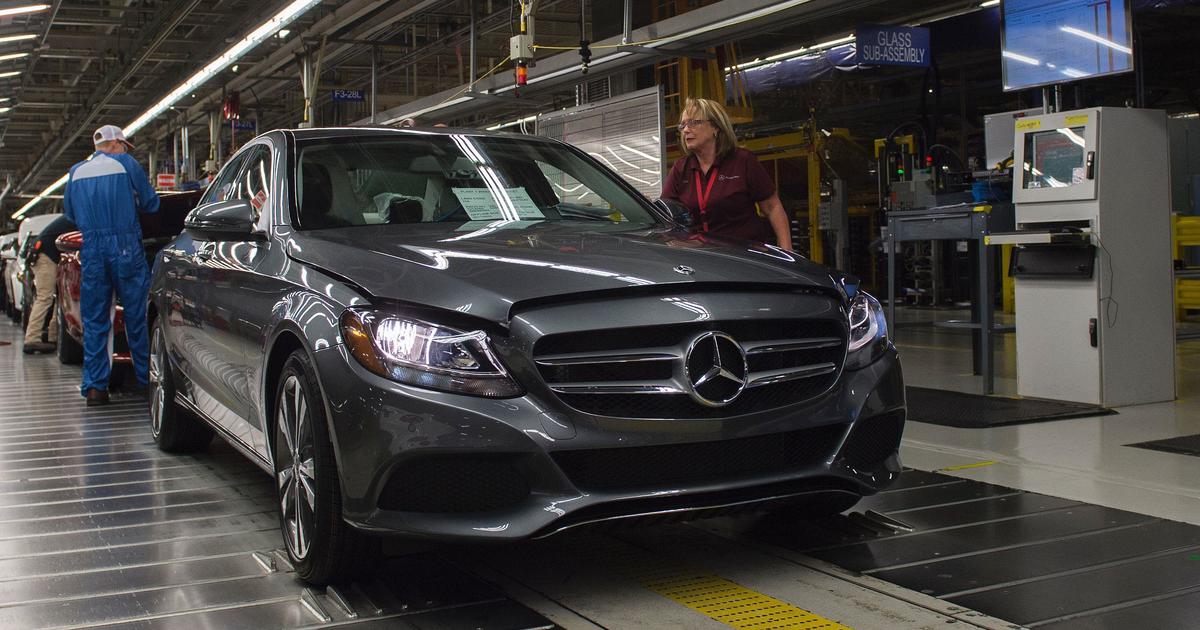Matt's Favorites: The Ride On Tech Tour Day Five And Much More
So what's the latest and greatest on this beginning of the long Tech Tour week? Glad you asked...
* It took me nine hours Sunday to drive from Houghton to the Tri-Cities, where I'll be talking to Saginaw Valley State University Monday about their tech commercialization prospects. Good thing I love the car. More about the Ford Fusion Energi at the end of the week or so.
* Microsoft has pulled a Windows update from its website after it caused problems on some customers' devices. The company didn't give details about the problems but says it's investigating. It removed the RT 8.1 update from the Windows Store during the weekend.
* For the second time in less than a week, a "sea serpent" has attracted gawkers on a Southern California beach. This time the rare, snakelike oarfish washed up Friday afternoon in Oceanside. The newspaper U-T San Diego reported that it measured nearly 14 feet long and attracted a crowd of up to 75 people.
* Some customers of Internet provider Time Warner Cable in New York City and elsewhere in the Northeast experienced a data outage that lasted for hours Saturday but has been resolved, the company said. The provider attributed the outage to "technical issues with one of our network backbone providers" in a message posted to its Twitter feed for the New York and New Jersey area.
* There have been plenty of disruptions this month as people tried to buy health insurance online. The new insurance exchanges set up under the president's health care law have been impossible to navigate for many. "CBS Evening News" has been doing a lot of reporting on how things went wrong with the software -- and there is more news behind the problems. (Unsolicited opinion dept.: Can we just bring in Amazon already? QED.)
* NASA says a big asteroid that whizzed by Earth last month before it was noticed will return much closer in another 19 years. Astronomers say it's probably nothing to worry about -- but they're not 100 percent sure. NASA Near-Earth Object program manager Donald Yeomans estimated there's a 1 in 63,000 chance that the 1,300-foot asteroid will hit Earth when it comes back on Aug. 26, 2032.
* Why we need whistleblower protection laws, part the infinity: A nuclear engineer who blew the whistle on dangerous problems at the nation's largest radioactive waste dump, is out of a job after a 44-year career. For more than a decade, nuclear engineer Dr. Walter Tamosaitis has spoken out about the potentially catastrophic hazards surrounding the multi-billion dollar nuclear waste treatment plant at the Hanford Nuclear Reservation in southeastern Washington state.
* Here's what to expect at Apple's big product update event Tuesday.
* United States intelligence authorities infiltrated a government e-mail server to eavesdrop on former Mexican president Felipe Calderon -- "a lucrative source" of information, according to classified documents provided by NSA whistleblower Edward Snowden to the German newspaper Der Spiegel.
* Here's what this year's hot holiday gadgets tell us about America. A walk along the exhibits at Pepcom's Holiday Spectacular reveals that this holiday season is all about fighting robots, averting disease, and securing cars and guns.
* Research in the UK suggests that those aged 18-24 have given up on what some regard as a life essential: walking. The evidence revealed that a quarter of Britain's future adults walk for an average of only 5 minutes every day. Parents in this survey were convinced that the reason for such indolence was, stunningly, technology.



